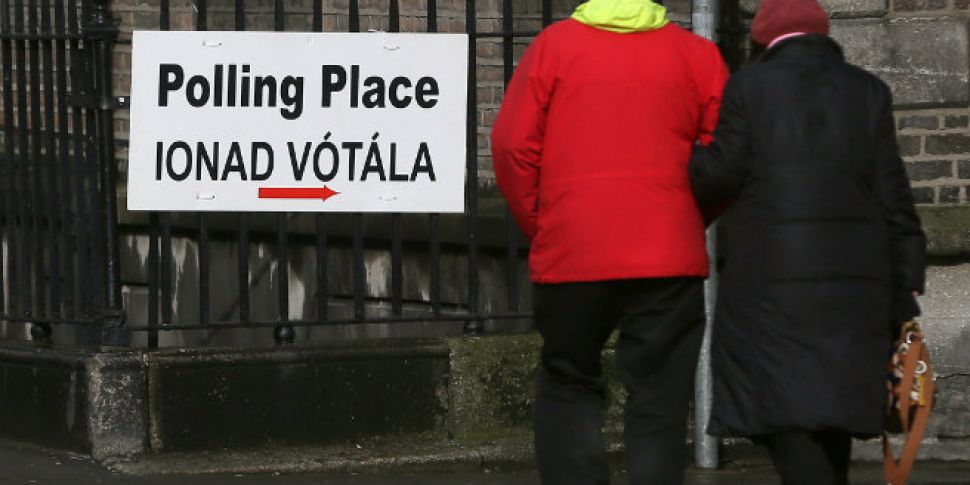No matter which way you are voting or have voted today - deciding how to rank candidates is an incredibly complicated process.
ESRI behavioural economist Pete Lunn describes the process of making this decision as "impossibly complex."
When analysing how people make decisions studies find that we are generally overwhelmed when dealing with decisions that involve choosing between more than three options.
Mr Lunn says that the process of picking a politician to support means taking a large number of factors into account, between individual politicians' beliefs and characteristics, to those of the parties that they represent, and voters' perceptions of the leader of that party.
The way that we deal with this is by "editing the decision down" - this begins with eliminating our least favourite options.
Breaking it down
The economist notes that there are "good" and "bad" ways to do this. Our minds can slip into behaviour patterns that simplify the decision - but rely on unexamined biases or group think.
Mr Lunn warns that when individuals make decisions as a group and based on the opinions of others, there is a tendency to migrate towards extremes.
"Recency bias" is also an issue - we put a disproportionate weight on our most recent impressions of people and parties.
This is why gaffes on the campaign trails, or strong performances can be crucial - as can local projects that politicians have recently delivered.
He says that the most effective way to decide who to vote for is to sit down and decide what the issues that matter the most to you are, and to eliminate the politicians and parties who cross these 'red lines' until you widdle the list down to three or four people.
Paradox
Pete Lunn acknowledges that in many ways voting is irrational, referring to a theory know as the 'paradox of voting.'
"The probability that your one vote influences who actually makes any difference to who ultimately get elected is probably smaller than the probability of winning the lottery - and yet the remarkable thing is actually how many of us do go out to vote," he explains.
But these votes are part of the 'bigger picture' which decides how the vote goes. We also vote because it is a "social experience."









